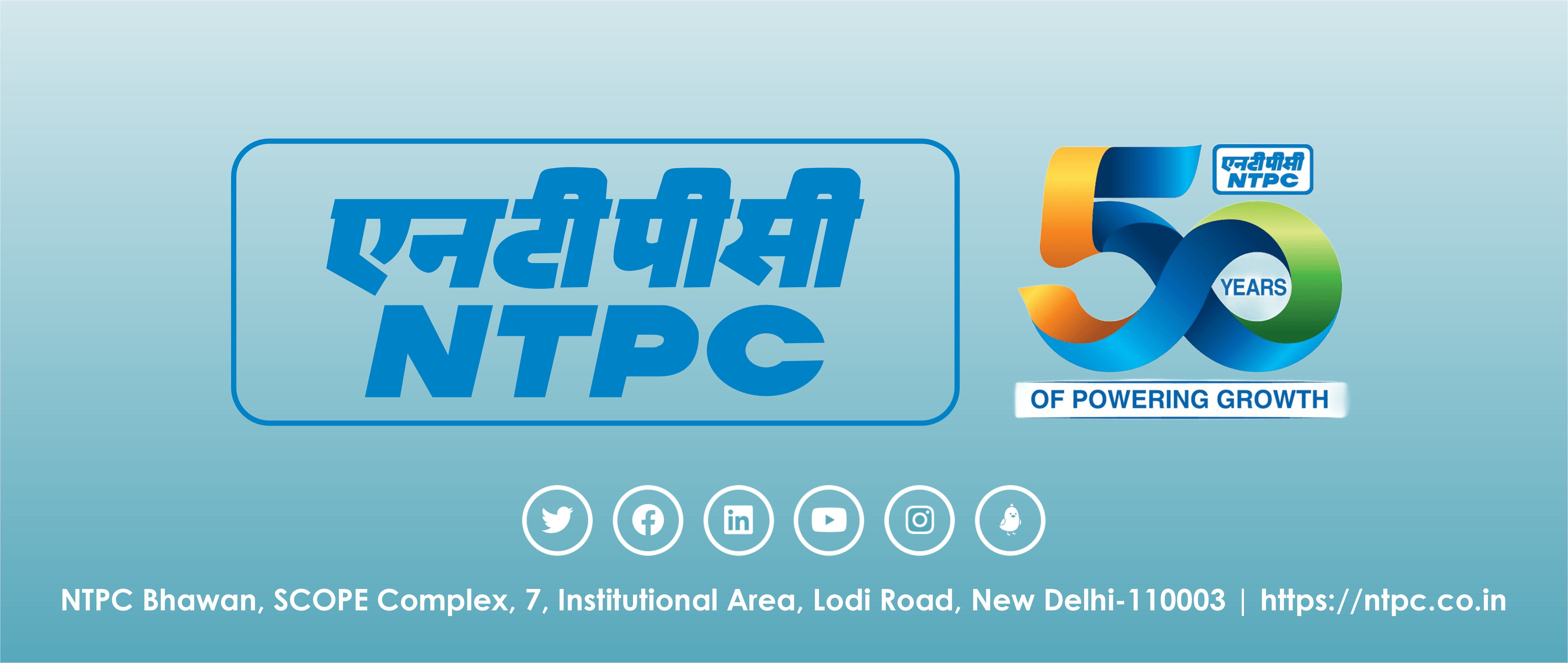Bhusawal (14.12.2024): Amongst growing conversations around diversity, equity, and inclusion, a silent revolution is taking place in the heart of Vidarbha. Here, not only is a pink station manned entirely by women thriving, but also a women-led economic revolution is unfolding across various stations. This transformation is being driven by the One Station One Product (OSOP) initiative, a government scheme introduced through the Union Budget in 2022, aimed at promoting local crafts and products at railway stations across India.
This initiative has seen remarkable growth across the country, with 1,854 operational outlets showcasing India's rich and diverse local products. Central Railway alone accounts for 157 of these outlets, demonstrating its strong commitment to the initiative. Within Central Railway, the Bhusaval Division stands out with 25 operational OSOP outlets, all of which are thriving and actively contributing to the local economy. Notably, all of them are led by women.
This widespread implementation of OSOP reflects the government's vision of turning railway stations into vibrant marketplaces that celebrate and support local craftsmanship. To make it a pan-India phenomenon, the Ministry of Railways has introduced various policy updates to strengthen the scheme. Starting with the vision of making "vocal for local" a reality, the scheme has now created a market for indigenous products at important railway stations. These stalls not only allow passengers to experience India's rich heritage but also provide additional income opportunities for marginalized sections of society.
Initially allocated for a period of 15 days with a minimal registration fee, these outlets are now being allotted for three months wherever demand exists. This change aims to provide stability and growth opportunities to local entrepreneurs. The OSOP initiative has made significant strides in empowering women across the Bhusaval Division. Women entrepreneurs are showcasing local products ranging from Paithani sarees and purses to packed roasted products in Bhusaval and Jalgaon, and bamboo crafts in Akola. It is women all the way. These enterprises are being led by women from lower-income groups. Not only are these outlets becoming platforms of profitability, but they are also providing training and employment opportunities to other women in the community.
For instance, at Nashik Road station, the Renuka Mahila Udyog Sahakari Sansthan, consisting of 1,000 women members, is actively contributing to the local economy by empowering widows and women from slums. Similarly, in Bhusaval, the Utkarsh Swayam Sahyata Mahila Bachat Gat has started a promising venture in packed roasted products, supported by an interest-free loan. At Jalgaon station, the Gayatri Swayam Sahayata Samuh, a Bachat Gat of 10 women, successfully runs the OSOP stall, selling local delicacies like papad, achar, chakli, and dehydration powder. At Akola, Shegaon, and Badnera stations, bamboo crafts are being turned into beautiful and functional products, supported by the Maharashtra Bamboo Development Board.
Their success is a testimony to the impact of this initiative in transforming lives, one station at a time. The One Station One Product scheme is not just about generating revenue; it is focused on showcasing and promoting indigenous products while providing livelihood opportunities through skill development. The products selected are local to the region, and the initiative prioritizes the participation of marginalized sections of society, including artisans, weavers, and women self-help groups.
Empowering women demands economic transformation. Until we revolutionize the financial landscape for women by providing access to resources and opportunities, empowerment will remain elusive. The growth of the direct selling industry in India has benefited women at large. Indian women often juggle household responsibilities with professional aspirations. The flexibility that direct selling offers helps women who come from small towns. This model permits them to work according to their schedules and invest a small capital with some gain. The One Station One Product initiative is a boon for such women, making it a low-risk, high-reward opportunity that offers a secondary source of income. It supports independent women entrepreneurs, who in turn contribute to their local communities and help the area grow. In 2023-24, the direct selling market has seen a growth of 12 per cent, making it a successful model for progress.
We need to work together to create an economy that values and supports women’s contributions. Our commitment should remain steadfast in creating and enabling an environment for women-led businesses by providing financial aid and logistical support. Through the OSOP initiative, we are not just transforming railway stations into marketplaces but also driving social change by fostering economic independence and uplifting communities through the power of women-led entrepreneurship.
(By Ity Pandey)
(The author is Divisional Railway Manager, Bhusawal, Central Railway).
































